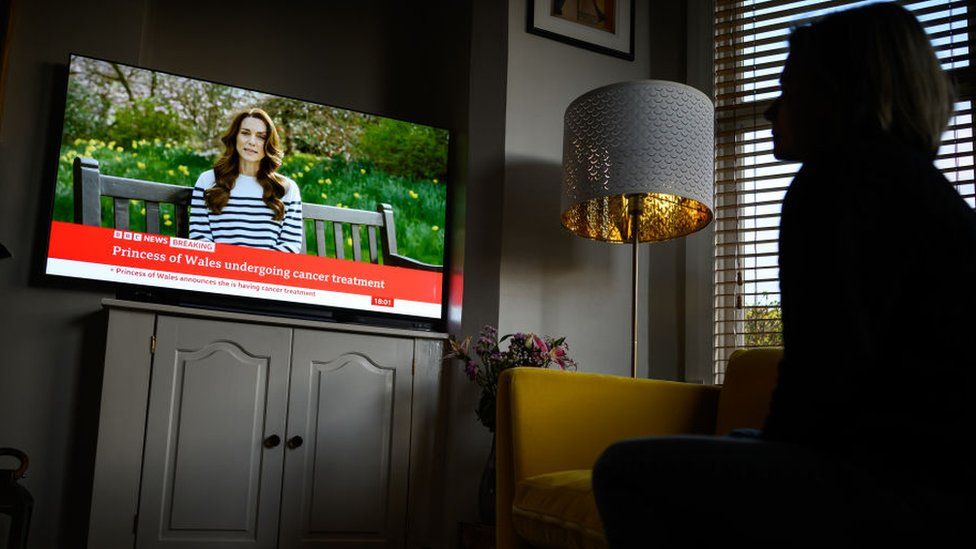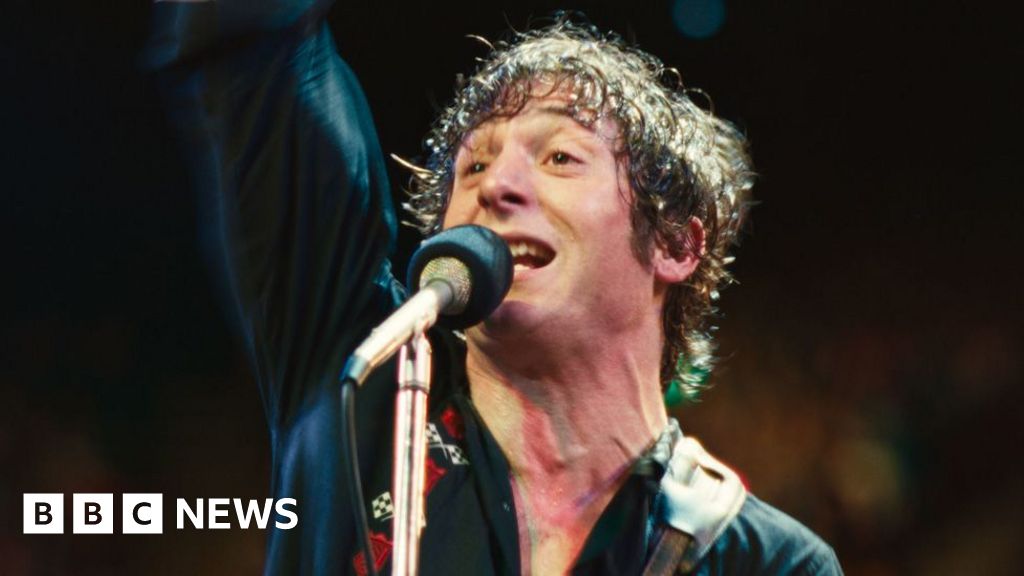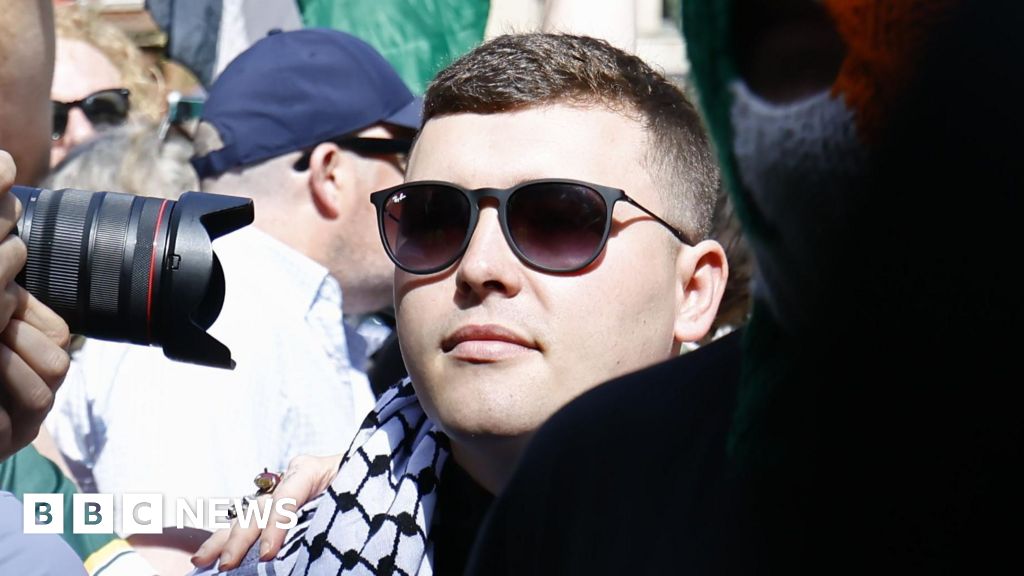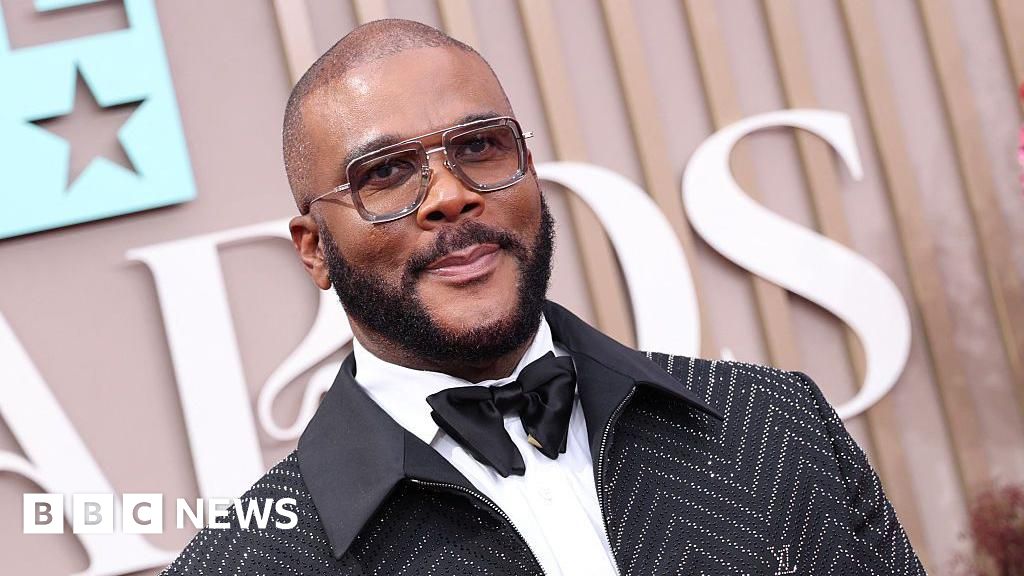ARTICLE AD BOX
 Image source, Getty Images
Image source, Getty Images
By Katie Razzall
Culture and media editor
A cancer diagnosis is always distressing, but most of us in that position don't feel compelled to make a recording that will be watched by millions.
The Princess of Wales and her family had asked for privacy.
Instead, on a beautiful spring day, directly addressing the camera, we saw a princess having to come to terms with shocking news - and having to make it public.
For weeks there have been claims that Kensington Palace's PR strategy was failing, as online rumours went viral and then evidence-free conspiracy theories were repeated in media outlets around the world.
There was the disaster of the Mother's Day photograph, which was meant to quell the conspiracies and instead launched many more (although I doubt the PR team knew the image had been edited when it was released).
Catherine's emotional video certainly feels like a reset. Palace insiders have been keen to make clear it was always the plan; that, just as the King informed the nation he had cancer, the princess was always minded she would too - and the timing was designed to coincide with the children's school holidays.
But as she and her family face whatever lies ahead, there's anger at what some perceive as bullying of the princess, with the suggestion that she was forced into making the video, rather than the more usual route of a written statement, by the relentless and far-fetched swirling conspiracy theories.
Sir Craig Oliver, former Downing Street director of communications told me: "One of the subtexts of the Princess of Wales's message is clearly - please think before you indulge in hurtful speculation."
Kensington Palace had been clear that Catherine had a right to privacy. It will have been horrified by how quickly rumours spread once the princess was no longer in the public eye.
Image source, Reuters
Image caption,The difficulty of handling royal communications in the age of the internet has become clear
How upsetting it must have been, in the midst of the diagnosis, to have questions about her marriage aired on American television, and lurid speculation rife online. Even more upsetting perhaps, to know how many people were enjoying indulging in the rumours.
In a very different way, Catherine's video reminded me of Elizabeth II's TV address after Princess Diana died. The late queen had felt compelled to appear in public, after criticism, on that occasion in the press, about her absence.
She too had been trying to protect her family, prioritising her grandsons after the loss of their mother. She had to change tack, as her role as a grandmother and her role as queen pulled her in different directions.
For weeks, we've heard criticism that the Palace has lost the narrative, that the royal brand had taken a battering. It's clearly been difficult to manage the demands of the nation and the demands of the family - and Catherine's health news casts fresh light on why she hadn't been seen, until very recently.
Her video and the communications around it have brought praise from those who understand how palace PR works.
Former Sun editor Stuart Higgins, who is also a cancer patient, has praised Catherine's "enormous courage, dignity and composure to face the camera" instead of letting the Kensington Palace issue a message on her behalf.
Revealing a cancer diagnosis is a "very personal decision and only she and her closest family can make such a big decision to go public with such a health bombshell", he said.
Mr Higgins said he did not believe the media furore around Catherine pushed her to disclose her diagnosis, but only reflected "massive concern, love and respect for a woman who will be our future Queen".
"I think we should all wish her well and look forward to seeing her when she feels ready to see us," he said.
Charles Anson, former press secretary to Elizabeth II, told the BBC that "getting the right sort of sequence of information is a very difficult thing to do in the internet age". But the princess's video "was absolutely right in terms of telling the public at the same time as creating a bit of an area of protection for the family".
But there's no doubt there has been real shock at how virulent and unkind social media and some global media outlets have been over the past months. As several people with an understanding of Palace public relations put it to me, it's been the worst example of it ever.
PR guru Mark Borkowski says communications for the royals is "the most difficult job in the world… you have good days and bad days", but that the princess' statement "settles everything for a moment".
"They've managed to take back control." The Princess of Wales's video has prompted a huge outpouring of love and sympathy across the UK and further.

 1 year ago
105
1 year ago
105








 English (US) ·
English (US) ·